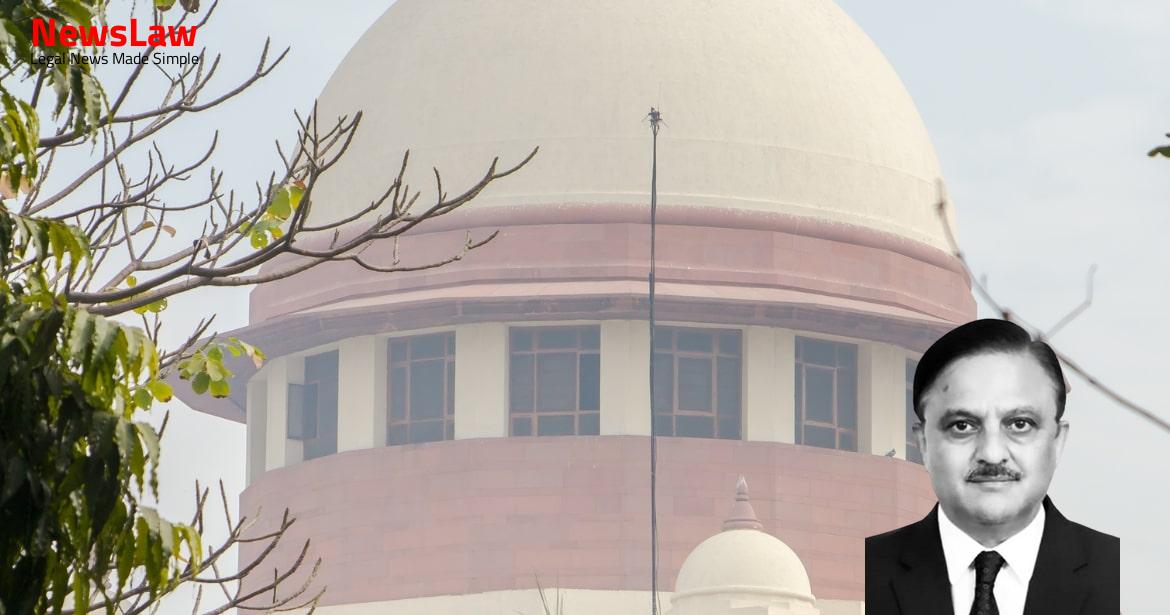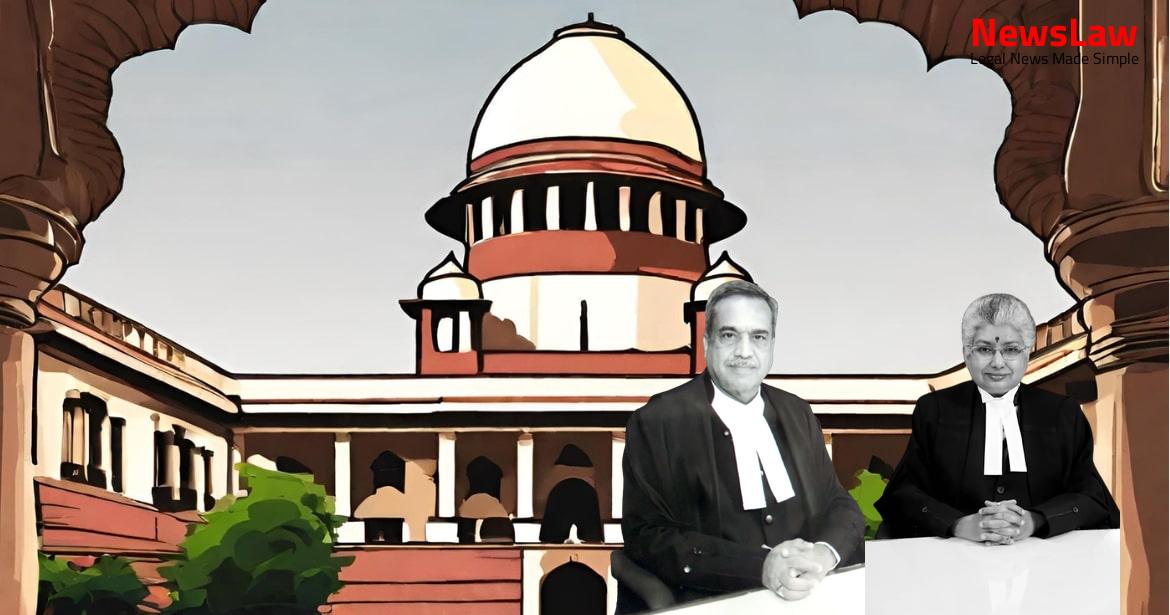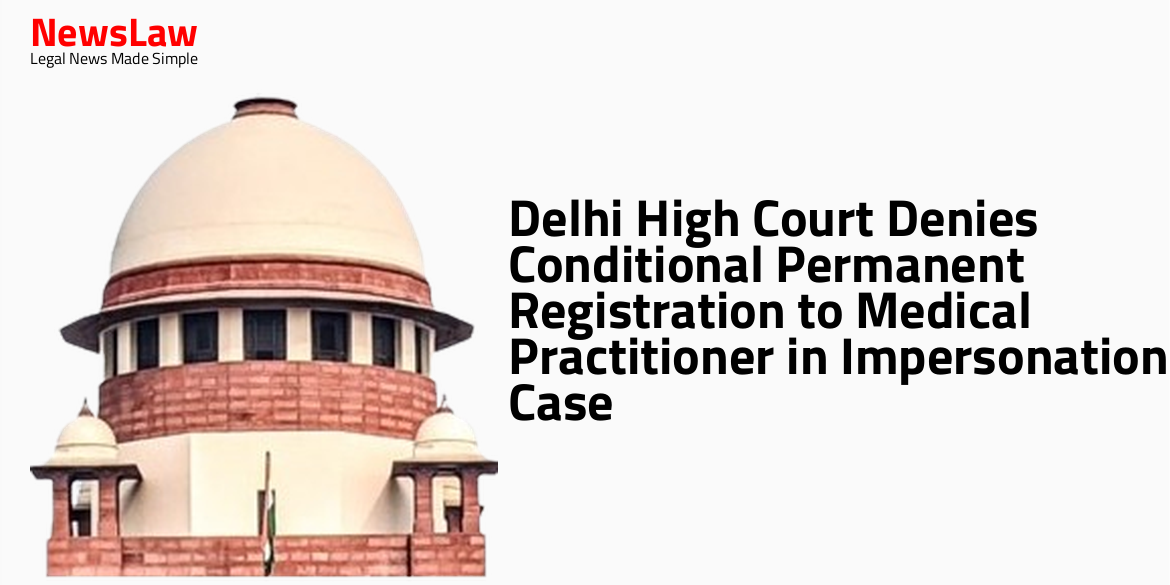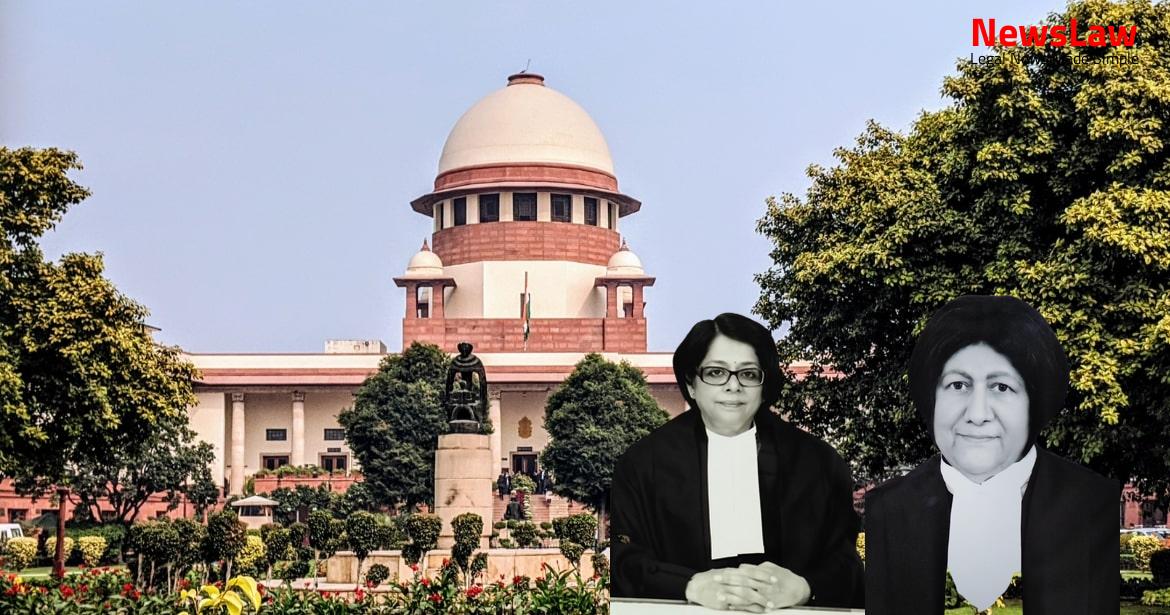&
Also Read: https://newslaw.in/supreme-court/selection-and-appointment-of-judicial-officers-in-himachal-pradesh/
Ors.,
a Letters Patent Appeal being APOT No 196 of 2008 from a partition and administration suit (“the Partition matter”) and, (ii) ASL Vyapar Pvt.
In Re the Partition Matter : In a Partition Suit being Extraordinary Suit No 32 of 1987, Ld. (R1 in S.L.P.(C) 22197 of 2010) also offered to match the bid amount Rs.1,88,500 and to pay the entire earnest money within 3 days. did not pay the earnest money within 3 days, the joint receivers could proceed to convey the property to the next highest bidder whose bid was for Rs.1,88,000 per cottah. filed a Contempt Application against the Registrar for allegedly committing breach of the order dated 04.12.2006 of the Ld. The Registrar filed an application seeking recalling of order dated 04.12.2006, but the same was rejected. The Official Liquidator published an advertisement on 12.05.2006 in daily newspapers inviting offers for purchase of assets and properties of the company on “as is where is and whatever there is basis” with a Reserve Price of Rs.1.20 crores and the highest offer received was Rs.75,00,000. On 06.08.2008, the Additional Registrar of Assurance-II issued a Demand Notice to ASL Pvt. had to pay the deficit Stamp Duty of Rs.5,86,000 as well as deficit Registration Fee of Rs.92,125.
undervalued how to be dealt with – (1) Where the registering officer appointed under the Registration Act, 1908 (16 of 1908), has while registering any instrument of conveyance, exchange, gift, partition or settlement, reason to believe that the market value of the property which is the subject matter of such instrument has not been truly set forth in the instrument, he may, notwithstanding the contrary provisions in Section 35 insofar as it relates to registration, register such instrument provisionally, subject to determination of the market value under sub-section (2), and, after registering such instrument, refer the matter to such authority as may be prescribed for determination of the market value of such property and the proper duty payable thereon.”
undervalued, how to be dealt with (1) Where the registering officer appointed under the Registration Act, 1908 (16 of 1908) has, while registering any instrument of a) agreement or memorandum of an agreement relating to a sale or lease-cum sale of immovable property, b) conveyance, (c) to (h)……. Laxmi Devi, which arose under Section 47A as applicable to Andhra Pradesh, wherein the Court opined that there was large scale undervaluation of the real value of property in sale deed so as to defraud the government proper revenue.
It was stated that West Bengal is no exception to the general phenomenon of under valuation of properties and the revenue from stamp duty has increased sharply for states where the basis of charging duty was changed from the declared price or value of properties to the market value.
Similarly, in the company matter, the endeavour was made more than once but even the reserve price was not obtainable and, thus, the best possible price was obtained at an auction. The three Judges Bench held on the conspectus of the aforesaid arguments that Section 47A of the Act as applicable to West Bengal read with Rule 3 of the West Bengal Stamp (Prevention of Undervaluation of Instruments) Rules, 2001 (hereinafter referred to as the ‘Rules’) is not applicable to an instrument executed by a Receiver pursuant to an order of sale passed by a civil court, after publication in newspapers.
Thus, the definition of “Market Value” as under Section 2(16B) of the Act would not apply to the property if actually sold in the open market. If the legislature had intended that Section 2(16B) of the Act was to apply to open market sales also it would have made a separate or specific provision regarding the determination of the price of the property being sold in the open market. The whole basis of holding that a Court sale is an open market sale is the sanctity with which the proceedings of the sale are conducted by the court and its officers.
However, even if the property at a Court sale does not fetch the highest or best available price and there are other pieces of evidence of market value of similar properties available in the area, the Registering Officer can always consider the other sale instances or any other material reflecting higher value of the property under sections 47A(1)(2) read with Section 2(16B) of the Act and Rule 3 of the Undervaluation Rules of 2001. para 27.4 of the impugned judgment (giving Registering Officer the liberty to move the court with proper application in case of doubts on sanctity of the open market sale) sought to give the Registering Authority a new channel to open up final transaction having far reaching repercussions; and c. The appellant sought to assail the restriction on the power of the Registering Officer in case of court auction sales by contending: Section 47A of the Act as applicable to West Bengal is different from Section 47A of the Act as applicable to Tamil Nadu. Under the Indian Stamp Act (Tamil Nadu Amendment) Act, 1967, the matter would be referred to the Collector for the determination of market value, whereas under the Indian Stamp Act (West Bengal Amendment) Act, 1990, the matter has to be referred to such authority as may be prescribed in the Rules for the same. Therefore, the Registering Officer is not bound by only what is specified in the deed or determined by the court and can determine a value that is greater amongst the ways stipulated therein. The impugned judgment has held that if a sale is concluded by the court process, or during liquidation proceedings, or open sales, the Registering Authority shall have to take the value of the property as gospel truth, and not carry out its mandatory statutory obligation for the “determination” based on the ways under Rule 3(1) of the W.B. The impugned judgment cannot create an ‘exemption’ clause in the fiscal statute when none is provided under the statute. The impugned judgment relies on the doctrine of deemed fiction to conclude that the object of the Act is to prevent fraudulent undervaluation. Unlike the authorities relied upon in the impugned judgment, the application of the doctrine of deemed fiction is misplaced. Devadoss case the Registering Authority cannot be permitted to sit over appeal over the decision of the court, especially a Constitutional Court and doubt the consideration determined in a court authorised sale.
On the conspectus of the matter, we have not the slightest hesitation in upholding the view that the provision of Section 47A of the Act cannot be said to have any application to a public auction carried out through court process/receiver as that is the most transparent manner of obtaining the correct market value of the property.
We cannot lose sight of the very objective of the introduction of the whether Section under the West Bengal Amendment Act or in any other State, i.e., that in case of under valuation of property, an aspect not uncommon in our country, where consideration may be passing through two modes – one the declared price and the other undeclared component, the State should not be deprived of the revenue. Thus, to say that even in a court monitored auction, the Registering Authority would have a say on what is the market price, would amount to the Registering Authority sitting in appeal over the decision of the Court permitting sale at a particular price.
It was to take care of the absence of any provision in the original Stamp Act empowering revenue authority to make an inquiry about the value of the conveyed property, that the Amendment was brought forth so that the revenue did not suffer.
In such a scenario, there is actually a great depression in the market value of the property as even if a fair transaction without an auction takes place with full reflection of price, the transacted value would be half or less of a vacant property. The provisions are not dissimilar in the different enactments in its fundamentals; the “reason to believe” of a Registering Officer has to be based on ground realities and not some whimsical determination; the Registering Authority cannot be permitted to doubt the liquidation proceedings as having some superior knowledge when it is a court monitored process where the court would take care of aspects such as cartelization; the Registering Authority can hardly be said to be the only authority with knowledge of the subject to the exclusion of the court; the independent determination by a Registering Officer would not apply to a court sale but to a private transaction; the Stamp Act being a fiscal statute, while being interpreted strictly and literally would not imply some kind of absolute power. We are, thus, of the view that this reference is required to be answered by opining that in case of a public auction monitored by the court, the discretion would not be available to the Registering Authority under Section 47A of the Act. The reference is answered accordingly and the appeals stand dismissed albeit for the reasons set out herein.
Case Title: REGISTRAR OF ASSURANCES Vs. ASL VYAPAR PRIVATE LTD. (2022 INSC 1192)
Case Number: C.A. No.-008281-008281 / 2022



